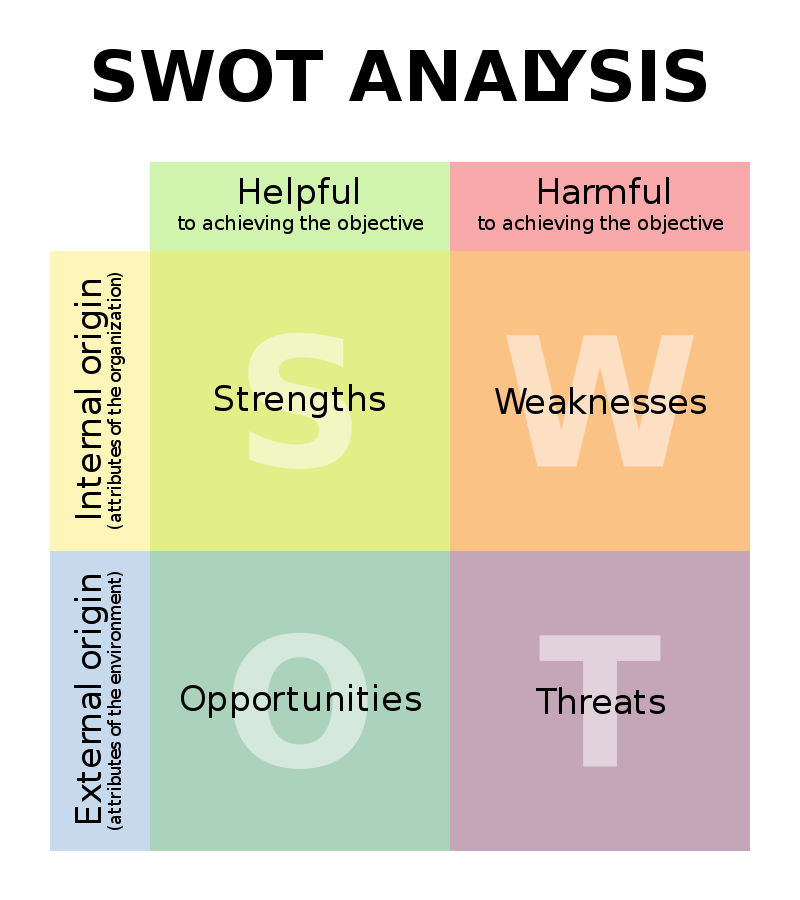What Helps You Achieve Great Things?

What would happen if you only remembered the things you’ve achieved, but not what it took you to get there? If you forget what you did, it’ll be very hard for you to repeat what you did in order to achieve great things. You’d also lose the power of knowing that you’re the one who achieved your goal. This is why you have to remember what made you triumph.
It’s probably easy for you to identify the part of your personality that you could improve or work on. In other words, the part of yourself that you like the least or causes the most problems. However, what if I ask you what makes you strong and special? Try to answer that question and see if it’s harder to answer than it is to identify the worst part of yourself.
You have to remember what helped you achieve great things because it’ll allow you to see what kind of traits define you when you stand up to a challenge. You’ll see where you failed and have better ideas for next time. Ask the people that helped you during a difficult moment. Trust yourself. If you did it once, why couldn’t you do it again?

SWOT: A valuable tool
SWOT is a tool that helps you objectively analyze reality. It guides you to consider internal and external aspects and to value strengths and weaknesses in each one. In the beginning, businesses and businessmen were the target audience because this helped them analyze the market and their businesses in a more efficient way. So, why not analyze our personalities and skills in the same way?
The acronym for this idea comes from its four components: Strengths, Weaknesses, Opportunities, and Threats. The weaknesses and strengths are considered internal are made up of their respective internal aspects. The other two are external. Let’s look at each point separately:
- Strengths: This aspect requires introspection so you can analyze and be aware of your strengths. In what way am I special? What makes me different from everyone else? For example, creativity in problem-solving helps you find new ways to do things.
- Weaknesses: This refers to your internal struggles that require the most work. They’re sources of stress or problems, things that you want to improve. These are the barriers that we all have to beat and then solve. Some examples of weaknesses are a lack of willpower, low tolerance for frustration, inability to speak in public, etc.
- Opportunities: Here you should analyze the external traits that you can use to enhance your strengths or work on your weaknesses. In other words, the resources you can draw on for personal improvement. For example, sign up for a course on public speaking, sign up for an exercise program, choose a healthy diet, etc.
- Threats: This refers to any external dangerous agent and affects your personality, context, or development. You have to evaluate them and keep them in mind when you have the opportunity to face them. For example, if you have to speak in public and you know that it’ll be hard for you, you can make sure your presentation is as good as it can be.

A good analysis can give you the strength to achieve great things
The SWOT analysis has proven effective. You can use it to evaluate an organization, as we mentioned. However, it’s no less effective or powerful when you use it for yourself. It can help you organize your life and your schedule. What’s more, you can use it partially or go really deep into the different levels. In other words, it gives you quite a bit of autonomy so that you can be creative and adapt it to your needs.
This methodology makes you powerful by characterizing your traits, whether they’re strengths or weaknesses, whether you like them or not. Knowing who you are, who you’d like to be, and what resources you have to make it happen puts you in a position to achieve great things. It gives you the opportunity to design the path that takes you where you want to go.
“Challenge yourself, it’s the only path that leads to growth.”
-Morgan Freeman-
What would happen if you only remembered the things you’ve achieved, but not what it took you to get there? If you forget what you did, it’ll be very hard for you to repeat what you did in order to achieve great things. You’d also lose the power of knowing that you’re the one who achieved your goal. This is why you have to remember what made you triumph.
It’s probably easy for you to identify the part of your personality that you could improve or work on. In other words, the part of yourself that you like the least or causes the most problems. However, what if I ask you what makes you strong and special? Try to answer that question and see if it’s harder to answer than it is to identify the worst part of yourself.
You have to remember what helped you achieve great things because it’ll allow you to see what kind of traits define you when you stand up to a challenge. You’ll see where you failed and have better ideas for next time. Ask the people that helped you during a difficult moment. Trust yourself. If you did it once, why couldn’t you do it again?

SWOT: A valuable tool
SWOT is a tool that helps you objectively analyze reality. It guides you to consider internal and external aspects and to value strengths and weaknesses in each one. In the beginning, businesses and businessmen were the target audience because this helped them analyze the market and their businesses in a more efficient way. So, why not analyze our personalities and skills in the same way?
The acronym for this idea comes from its four components: Strengths, Weaknesses, Opportunities, and Threats. The weaknesses and strengths are considered internal are made up of their respective internal aspects. The other two are external. Let’s look at each point separately:
- Strengths: This aspect requires introspection so you can analyze and be aware of your strengths. In what way am I special? What makes me different from everyone else? For example, creativity in problem-solving helps you find new ways to do things.
- Weaknesses: This refers to your internal struggles that require the most work. They’re sources of stress or problems, things that you want to improve. These are the barriers that we all have to beat and then solve. Some examples of weaknesses are a lack of willpower, low tolerance for frustration, inability to speak in public, etc.
- Opportunities: Here you should analyze the external traits that you can use to enhance your strengths or work on your weaknesses. In other words, the resources you can draw on for personal improvement. For example, sign up for a course on public speaking, sign up for an exercise program, choose a healthy diet, etc.
- Threats: This refers to any external dangerous agent and affects your personality, context, or development. You have to evaluate them and keep them in mind when you have the opportunity to face them. For example, if you have to speak in public and you know that it’ll be hard for you, you can make sure your presentation is as good as it can be.

A good analysis can give you the strength to achieve great things
The SWOT analysis has proven effective. You can use it to evaluate an organization, as we mentioned. However, it’s no less effective or powerful when you use it for yourself. It can help you organize your life and your schedule. What’s more, you can use it partially or go really deep into the different levels. In other words, it gives you quite a bit of autonomy so that you can be creative and adapt it to your needs.
This methodology makes you powerful by characterizing your traits, whether they’re strengths or weaknesses, whether you like them or not. Knowing who you are, who you’d like to be, and what resources you have to make it happen puts you in a position to achieve great things. It gives you the opportunity to design the path that takes you where you want to go.
“Challenge yourself, it’s the only path that leads to growth.”
-Morgan Freeman-
This text is provided for informational purposes only and does not replace consultation with a professional. If in doubt, consult your specialist.







